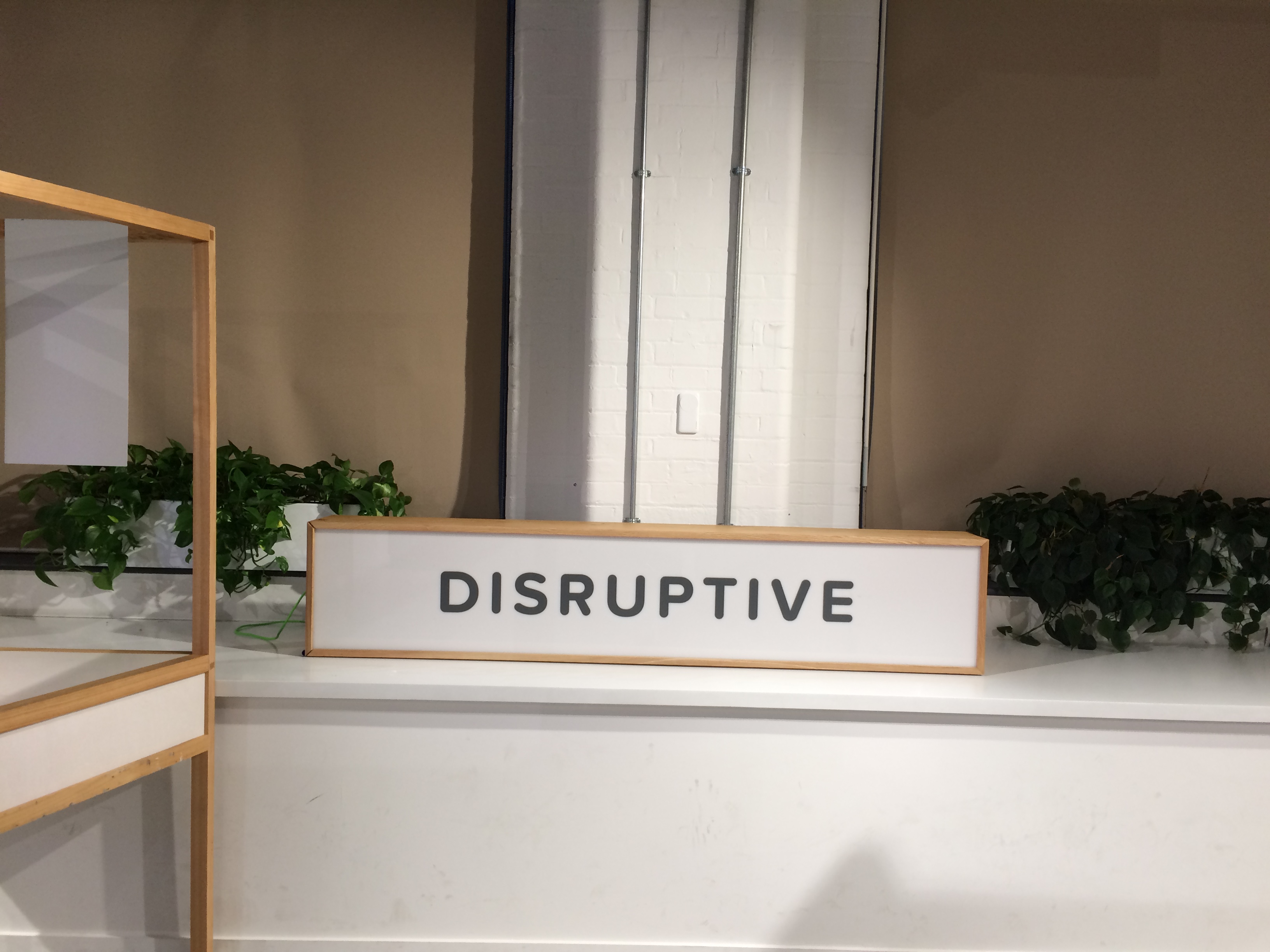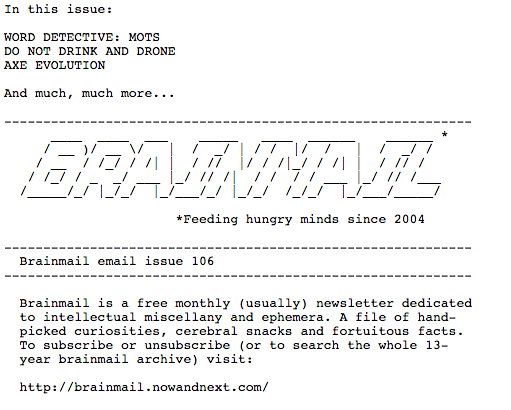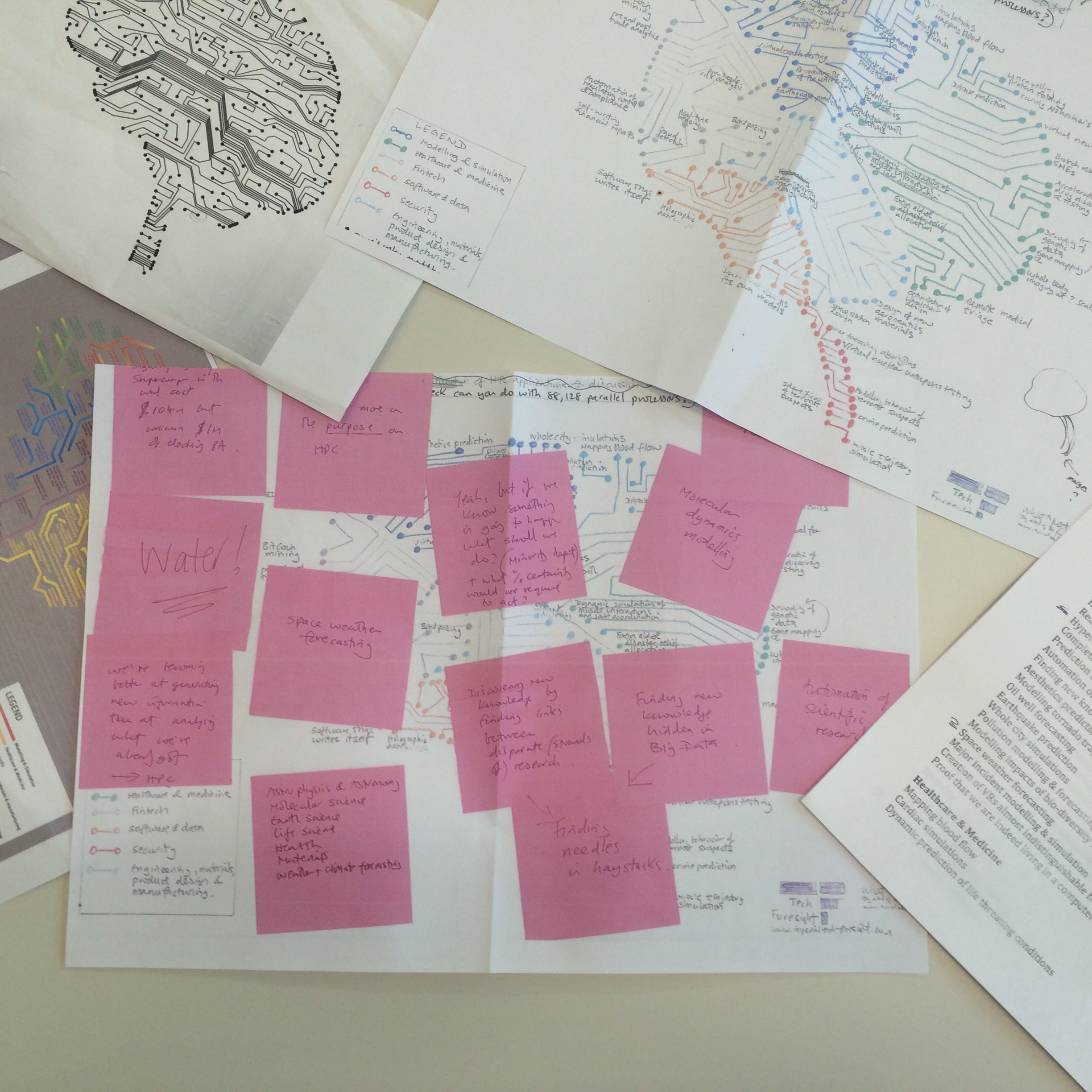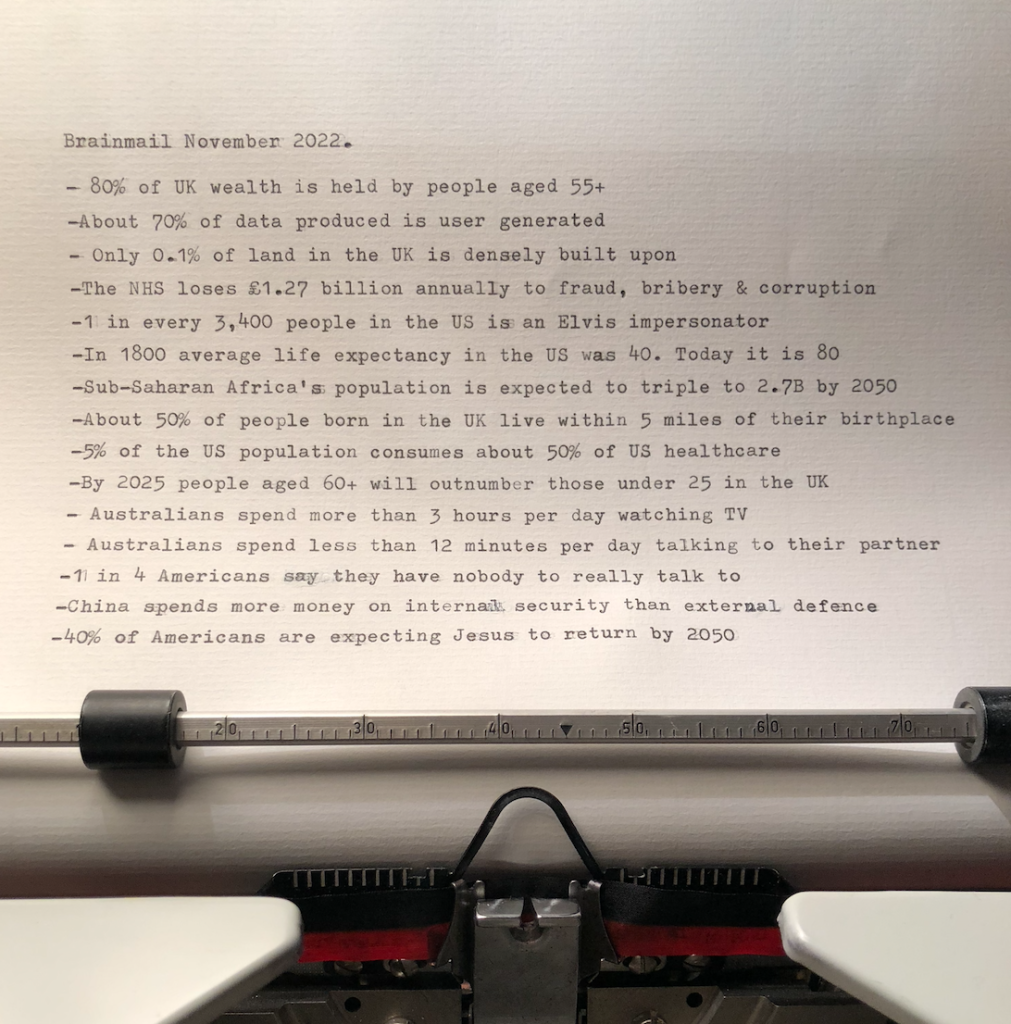
Category Archives: Brainmail
RIP Jasper (2010-2020)

There might be a few readers of Brainmail out there that remember Jasper, the dog that jumped out of the upstairs window and so much else besides. Sadly he died on Friday. A great friend who will be truly missed.
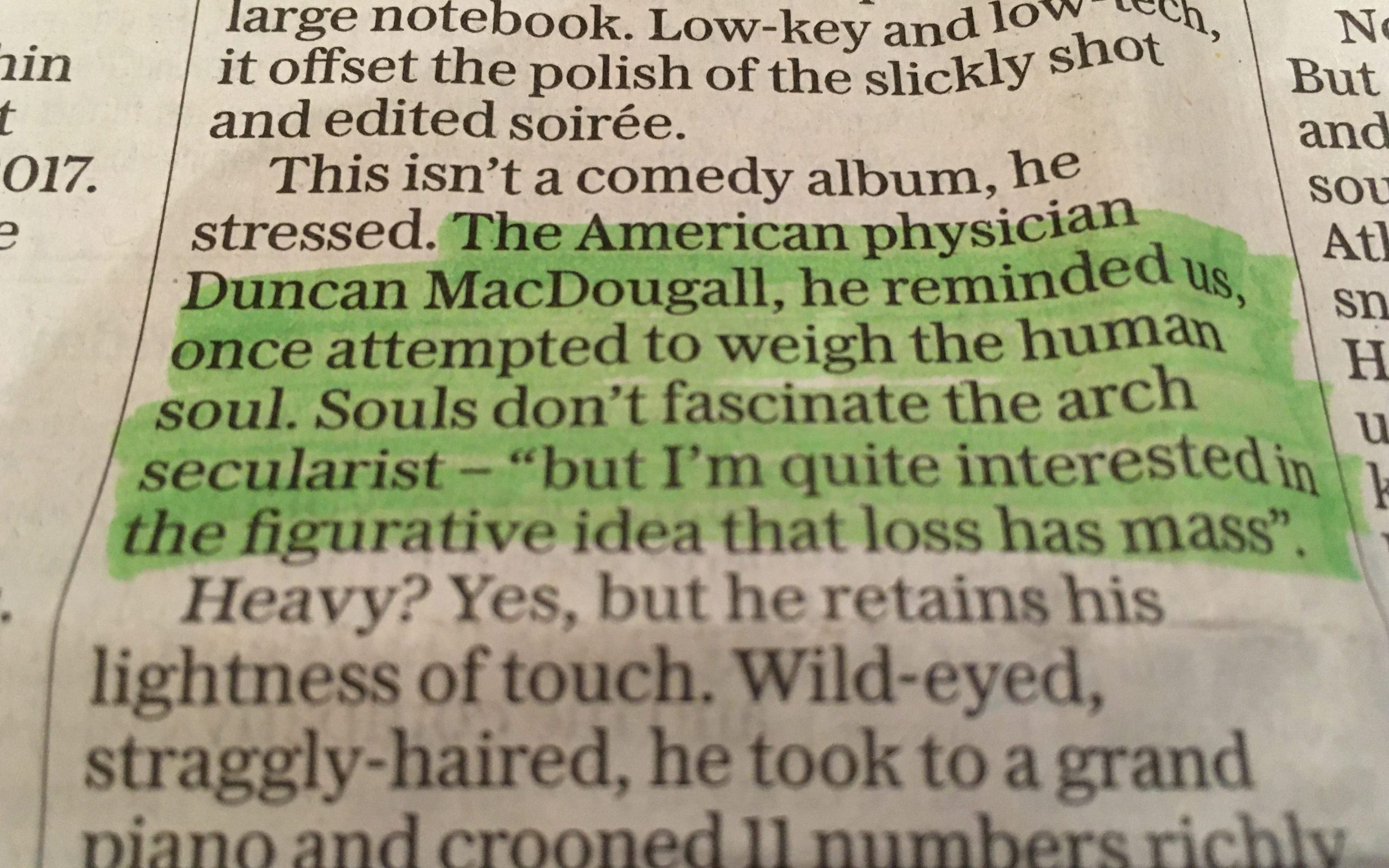
Time to bring brainmail back?
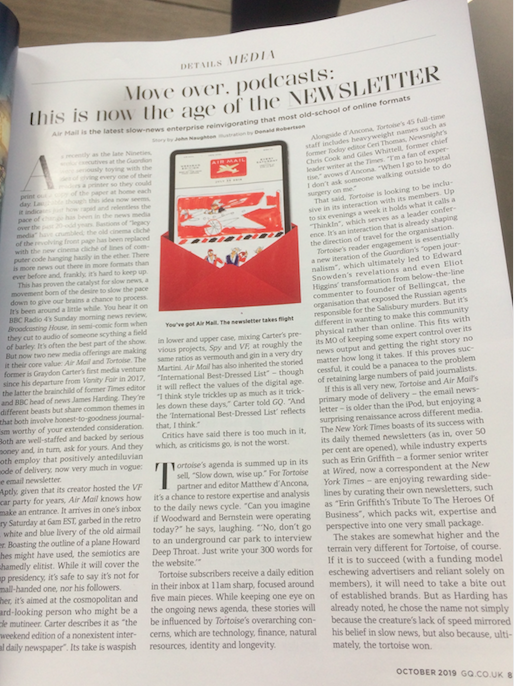
Here’s something I’ve discovered. Many things move up and down and in some cases round and round. Therefore, if you have an idea that’s off-trend, or against conventional wisdom, the best thing to do in some instances is simply wait. Case in point my own low-fi newsletter called brainmail. It ran for about 12-years, but I eventually killed it off due to GDPR amongst other things. But it now looks like a hot new idea.
What’s that Confucius, or some other old dude, once said? Something like if you sit on a river bank and wait for long enough, the body of your enemy will eventually float past. BTW, sitting by the water in Lisbon, at the Web Summit, this thought feels especially true.
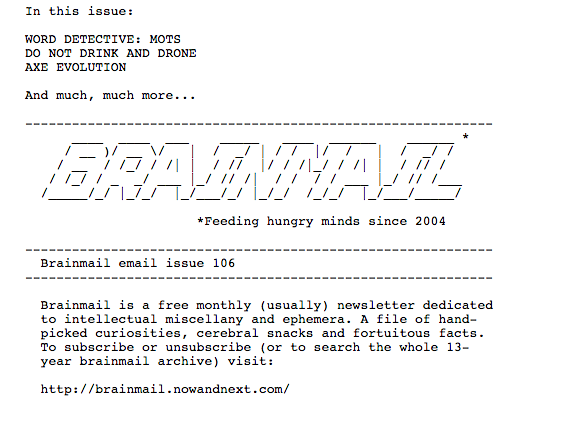
OMG it’s brainmail….

Bet you weren’t expecting this…..
Laptop, tablet or large screen version
Please note that the subscribe function isn’t working currently.
Brainmail on the Blog
OMG, he’s only gonna dunnit. Brainmail issue 107 is on the blog. Blinder. You want some news? No time for that this month. It’s that oxymoron called school holidays and I’m a bit freaking stressed out. Even my pumpkins are stressed and refusing to grow. But on the plus side I have discovered freezing cold red wine.
Here’s your issue… for the creative and the curious.
Digital memorials
A Scottish company has been given planning permission to create a memorial garden with no visible grave signs or markers. Loved ones deposit physical mementoes or time capsules in the ground, locating precise plots using smart phones.
Ref: BBC Scotland (UK)
Funeral dog
A dog called Basil has become what is thought to be Britain’s first funeral therapy dog. The 7-year-old Beagle provides an alternative focus while families are discussing arrangements with a Shrewsbury-based funeral director.
Ref: The Times (UK)
Use by date
Scientists at Yale have developed a blood test that can estimate a person’s life-expectancy. The test involves the analysis of nine biomarkers in the human body that indicate how long a body is likely to survive as opposed to how long it’s been out of the womb.
Ref: The Guardian (UK)
Lip-reading CCTV
Researchers from Google and Oxford University that made an AI watch 5,000 hours of television claim that the AI was eventually able to recognize 46.8% of spoken words based purely on the shapes made by speakers’ mouths. So that’s the next stage of CCTV cameras sorted then…CCTV that can lip-read.
Ref: Sunday Times magazine (UK)
Materialistic Tele Vision
A study from the London School of Economics (LSE) claims that TV shows that glamorize luxury lifestyles and material possessions make viewers more likely to hold strongly materialistic views and less likely to support social welfare.
Ref: Media Psychology (UK)
WORD DETECYIVE: JoMo (Joy of Missing out).
Ref: Zeljko (thanks)
Delete social media
A team at the University of Sheffield (UK) claims that the more time children spend online the less happy they are about their school, their appearance, their family and their life in general. Spending just sixty minutes per day on social media reduced happiness by 14% according to the study.
Ref: The Times (UK)
Flick a switch
Scientists at Imperial College London and Glasgow University have created a milkshake that puts people off eating high calorie foods by switching off certain signals to the brain. Future ideas include anti-binge-eating injections.
Ref: The Times (UK)
Food trends
How about a Moringa leaf salad? No? Then what about a bison steak or some spirulina algae? All washed down with some cactus water no doubt.
Ref: Wall Street Journal (US)
The way we live now
Doctors in the UK have been advised not to comfort patients by touching them because this could result in legal action. Similarly, carers have been told not to touch or hug foster children for similar reasons.
Ref: Guardian (UK) and Matt.
Half a house
Can’t afford a house? How about buying half of one and finishing the other half yourself later on when you’ve got more money?
Ref: BBC World Hacks (UK) and Matt again.
Did you know?
That Stalin was named Time magazine’s person of the year twice. Once in 1939 and again in 1942.
Ref: Time (US)
THE NUMBERS
30 per cent of Lego sets now contain weapons.
Ref: Guardian (UK)
34 per cent of UK homes have just one person living in them. In India, the number is 5 per cent.
Ref: The Week (UK)
The average Fortune 500 CEO has 28-minutes of uninterrupted time per day.
Ref: The Great Acceleration: How the World is Getting Faster, Faster by Robert Colville.
Only 4 per cent of Chinese citizens hold a passport.
Ref: Financial Times (UK)
It has been estimated that Bitcoin guzzles more electricity annually than the whole of Nigeria (population 200 million).
Ref: Technology Review (US)
It’s been estimated that ½ million older people in the UK go without seeing or touching another human being for at least 5 days each week.
Ref: The Guardian (UK)
More than 95% of homes contain at least one smartphone. You probably knew that. But did you know that the use of cellphones by children under eight-years-of-age is ten times higher than it was in 2011?
Ref: CNN (US)
74 per cent of children aged 6-12 spend less than sixty minutes playing outside per day. HM Prisons recommends that prisoners spend at least 60-minutes outside every day for physical and mental health.
Ref: The Times (UK)
85 per cent of dog owners in America claim that their pet sometimes suffers from stress or anxiety. By way of comparison 80 per cent of people in the US say they are frequently or sometimes stressed.
Ref: Harper’s (US)
Move then half of men in the UK have damaged their home by doing DIY. Half have abandoned a DIY project and a third have covered up a DIY failure.
Ref: Daly Mail (UK)
Britain has invaded all the world’s countries with the exception of 22 (although the names and borders of some countries have since changed).
Ref: Prospect (UK)
WW1 killed roughly 16 million people. WW2 around 55 million. But while the global population rose from 3 to 7 billion between 1960 and 2010, the number of war related deaths fell to 180,000 per year during the Cold war, 100,000 per year during the 1990s and 55,000 per year between 2000 and 2010.
Ref: The Economist (UK)
Crime committed by people aged over 60-years-of-age has risen by 35 per cent over the past 10 years.
Ref: The Oldie (UK)
67 people were killed in Britain during between 2013 and 2016 because they were driving while using their phones. This does not include people killed while putting their phones down, picking them up or dropping them whilst driving.
Ref: Daily Telegraph (UK)
BOOK OF THE MONTH
Silence in the Age of Noise by Erling Kagge
WEBSIGHT OF THE MONTH
Spin watch, public interest journalism and investigations into PR ‘impropaganda’
Spinwatch.org
QUOTE OF THE MONTH
“We look at the world once, in childhood. The rest is memory.”
Louise Gluck. (Quoted in Conde Nast Traveller).
Brainmail on the Blog
I’m working on issue 107. Watch this space. Meantime, a podcast. Me talking about climate, loneliness, humanity, AI and Trump in a cheese shop in South Kensington.
Brainmail on the Blog
What can I say? I truly didn’t know that in this age of too much inforation so many people would care. At one point I had a tear in one eye (why only one will forever remain a mystery). So for all those loyal readers who trust LinkedIn (aka Microsoft) about as much as Mark Zuckerberg here is where you’ll find future issues. The next issue (105 I believe) will go up in a few weeks. Maybe. The format is still a bit unclear, but the intent remains much the same. I’d like it to be printable, but I think some experiments might be in order.
In the meantime, here is a picture of the dog enjoying a pint.
Brainmail issue 106
It’s back. Issue 106 is live and on this link.
Brainmail is back
Well this is probably a record even by my abysmally low standards. The problem is that I’ve more or less given up reading newspapers, which makes finding Brainmail material more difficult. Why have I given up? Partly it’s because there’s next to nothing of interest in them nowadays and partly because what is in them depresses me. But I have found a solution. Read newspapers when they are a week or even a month old. It’s much easier to scan and filter them and also somewhat Zen. The antics of Trump, Putin, Jean Claude Junkers and Kim Jong-un somehow don’t worry me when it’s all yesterday’s news.
Two bits of recent news that did appeal to me concern two rogue robots. The first was an autonomous K5 security robot that drowned itself in a water feature inside an office complex in Washington DC. Evidence of true artificial intelligence surely? The second was a security robot, also a K5, hired by an animal shelter in San Francisco to scare off homeless people. (Surely they need a K9? Geddit?). I’m still processing that thought. A robot hired to scare away homeless people from a shelter for homeless animals. Nope, I still can’t cope with that thought.
Anyway, here’s the new brainmail (issue 105 no less).
Issue links:
http://brainmail.nowandnext.com/brainmail_issue105.txt
Or re-sized to read on your phone
http://brainmail.nowandnext.com/brainmail_issue105i.txt


